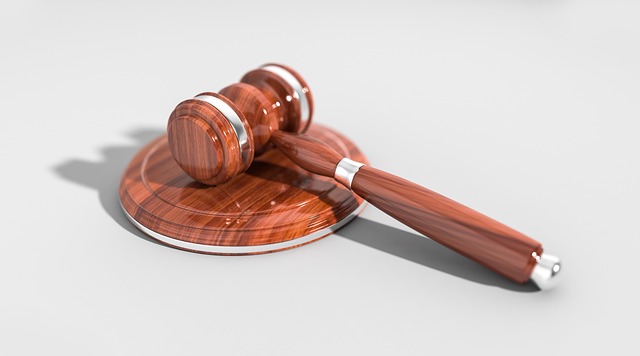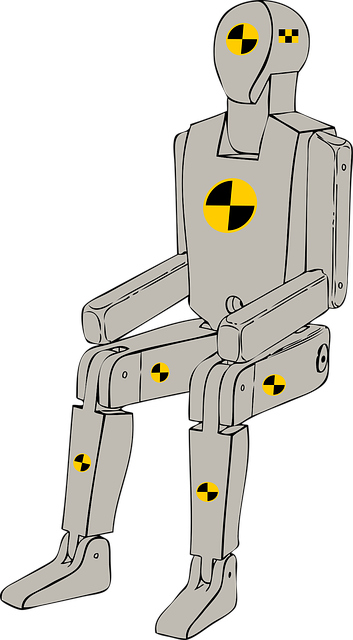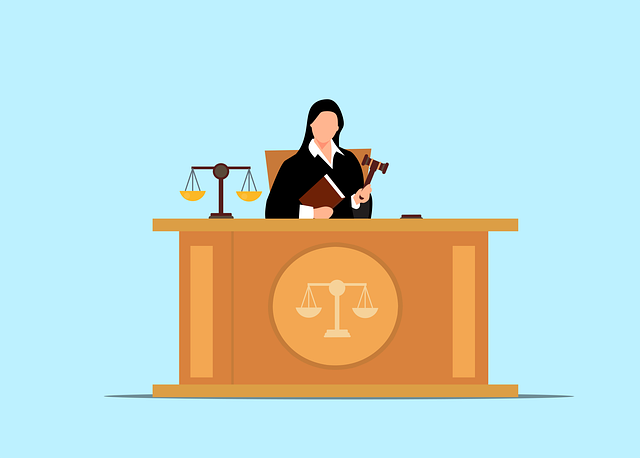Complex PTSD, a severe mental health condition from chronic trauma, severely impacts daily life with symptoms like flashbacks and anxiety. Navigating PTSD injury claims, especially in truck accidents, requires specialized legal expertise to understand and represent diverse symptoms for adequate compensation. Skilled lawyers review cases, gather evidence, craft narratives, and provide strategic advice, protecting client rights and aiming for favorable recovery in challenging legal landscapes like nursing home abuse or accident compensation.
Complex PTSD injury claims present unique challenges for lawyers. This article explores how legal professionals navigate the intricate landscape of understanding and representing clients with Complex Post-Traumatic Stress Disorder (PTSD). We delve into the legal procedures surrounding these claims, providing strategies for effective case representation and advocacy. By examining these key aspects, this guide aims to equip lawyers with the tools necessary to successfully navigate and advocate for individuals suffering from PTSD-related injuries.
- Understanding Complex PTSD and Its Legal Implications
- Navigating Legal Procedures for Injury Claims
- Strategies for Effective Case Representation and Advocacy
Understanding Complex PTSD and Its Legal Implications

Complex PTSD, or Post-Traumatic Stress Disorder, is a profound mental health condition that arises from prolonged or repeated exposure to traumatic events. Unlike typical PTSD, which often results from a single, intense trauma, Complex PTSD develops over time due to chronic stress and trauma, such as those experienced in abusive relationships, military combat zones, or severe domestic violence situations. This condition can lead to a range of symptoms, including flashbacks, nightmares, severe anxiety, depression, irritability, and difficulty concentrating—all of which significantly impact an individual’s daily functioning and quality of life.
When navigating a PTSD injury claim, especially in cases involving truck accident injuries or other traumatic events, understanding Complex PTSD is crucial for legal professionals. Lawyers representing clients with this condition must be adept at interpreting the nuances of its symptoms, as it can manifest differently in each individual. This knowledge is essential to present compelling arguments and secure just compensation for the client’s physical and emotional suffering. Engaging the services of a skilled truck accident attorney who specializes in these cases can ensure that clients’ rights are protected and they receive the support needed to navigate this complex legal process, especially when dealing with sensitive issues like elder law and the unique challenges presented by Complex PTSD.
Navigating Legal Procedures for Injury Claims

Navigating legal procedures for PTSD injury claims can be a complex task. Lawyers play a pivotal role in guiding clients through this process, ensuring their rights are protected at every step. They begin by thoroughly reviewing the case, understanding the extent of the client’s trauma and its impact on daily life. This involves gathering medical records, witness statements, and any evidence relevant to the incident.
Once the initial assessment is complete, lawyers craft a compelling narrative, translating the client’s experience into a strong legal argument. They file the claim with the appropriate authorities, adhering to stringent deadlines, and initiating what could be a lengthy process. Throughout this journey, they offer strategic advice, keeping clients informed about their options, potential outcomes, and the best course of action for achieving a favorable client recovery. In cases involving nursing home abuse or accident compensation, experienced lawyers possess the expertise to navigate these intricate legal landscapes, advocating for fair treatment and just redress.
Strategies for Effective Case Representation and Advocacy

When representing clients with Complex PTSD injury claims, lawyers employ a multifaceted strategy to ensure effective case advocacy. This includes thorough investigation and documentation of the trauma, engaging expert witnesses who can testify to the client’s psychological state, and constructing a compelling narrative that highlights the impact of the traumatic event on their life. An accident lawyer specializing in PTSD claims often works closely with mental health professionals to gather the necessary evidence and assess the severity of the injury.
Moreover, these legal professionals must be adept at navigating sensitive information and maintaining client confidentiality. In cases like nursing home abuse or partnership disputes where PTSD may arise, lawyers must approach each case with empathy and a deep understanding of the psychological complexities involved. By integrating these strategies, an accident lawyer can effectively represent clients with PTSD injuries, ensuring their claims are presented in the best light possible.
In navigating the complex landscape of PTSD injury claims, lawyers play a pivotal role in advocating for individuals who have suffered profound psychological trauma. By understanding the unique implications of Complex PTSD, familiarizing themselves with legal procedures, and employing effective representation strategies, legal professionals can ensure these claims are handled with sensitivity and expertise. This ensures justice for those affected by traumatic events, offering a vital support system in their journey towards healing and compensation.






